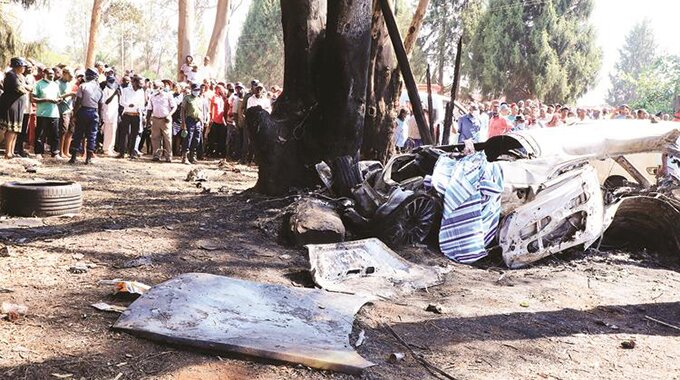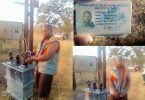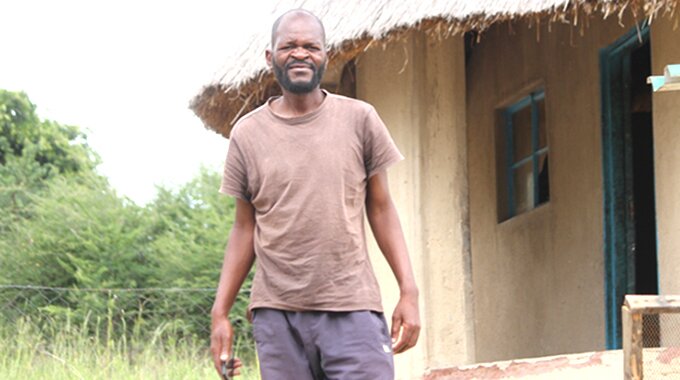With the almost complete lifting of lockdown restrictions and the now near total defiance of the curfew, at least by vehicle owners, accident rates have been rising rapidly.
This has in the last two weekends resulted in head-on collisions with two luxury solidly-built cars bursting into flames as a result of the impact.
Almost all accidents can be prevented, and in many cases even when they do occur many accidents that prove fatal would be survivable if all road rules were followed.
The two biggest killers, by far, are speeding and drinking alcohol.
Eliminate these and our accident rate would plummet and the number of survivors in the accidents that do occur would soar.
Advertisement
Speeding does not necessarily mean exceeding a laid down speed limit. It means driving faster than the traffic conditions, the available light, the skill of the driver, the state of the road surface and the actual topography of a particular stretch of road, such as curves and hills, would indicate is prudent.
A speed limit is a maximum permitted speed, not a safe speed in all conditions, and as can be seen on any vaguely clear stretch of road in a city or on a highway many go far faster than the permitted maximum.
It is a culture, especially among male drivers although women are increasingly at fault, to drive as fast as possible and even to boast about just what speeds their cars can go.
There are two problems with speeding. You can lose control of your vehicle on some surfaces or in certain conditions, like on a curve, and then there is the energy that has to be absorbed in a very short time and space during an accident.
This energy is proportional to the square of the velocity, so double your speed you are dealing with four times as much energy, triple it and you have to cope with nine times as much.
That explains why a collision during peak hours in the city centre might just result in a bit of panel beating can kill on the open road.
And drinking does not mean being blind drunk, unable to walk. Studies around the world have shown that exceeding a fairly low limit of alcohol, for most people more than one beer, and a pint at that, starts to affect driving skills and reaction times significantly.
So a person who is quite capable of carrying on an intelligent conversion and walking in a straight line could have drunk enough to double or triple their risk of an accident.
There has always been a culture in Zimbabwe of driving yourself home after a party, or after stopping for a few at a bar. And there are even drivers who like to have an open beer with them in the car as they head home or are on a long boring drive. But it is the ordinary social drinkers who, because of their sheer numbers, cause the most accidents.
While there are occasional speed traps, which come and go, the police have never to the best of our knowledge done random testing of blood alcohol levels and only start going through the process after a small minority of accidents.
Advertisement
So the social drinking and driving culture is pretty firmly entrenched.
Drivers do try to make excuses. The biggest is mechanical failure. But unless it is brakes which fail almost every other type of failure should not cause an accident, and this includes those scary ones like a tyre blow-out or a critical part of the suspension coming apart.
A blow-out, as those who have had to cope with these know well, is a nuisance, not a killer.
Most modern cars, and all over the smallest and oldest, now have power steering as standard, which makes coping with a blow-out very easy indeed.
There is that unpleasant sound in some cases of a wheel rim scraping along the road, but this is not dangerous as you slow down and pull over to the verge to jack up the car and put on the spare.
Even those dreadful suspension breakages again mean you stop. You might not be able to pull over with the engine, but usually in Zimbabwe you do not have to wait long before a passer-by stops, offers to help and gives your car a push to get it tucked away safely on the verge while you phone for help.
What has horrified many over the last few days was the fires burning the occupants of two vehicles beyond recognition, and by that we mean the need for DNA tests to make a certain identification unless you knew precisely who was sitting where.
But such fires are easy to explain. If there is a major blow to the engine compartment, and especially an off-centre blow, the engine can be wrenched from its holding bolts and fuel lines twisted and broken. Even a hot engine can ignite petrol vapour of the right density, and electric sparks can do the same.
A well-built car might need a larger blow, but is never immune. Hit the front hard enough, and that is inevitable as speeds rise, and you will wrench the engine and greatly increase the risk of fire.
The only difference fuel makes is the difference between petrol, or a petrol blend, and diesel. Diesel is safer in these accidents. But speculation on fuel in the recent fiery accidents is worthless. It was the physical damage and the fuel leaks, not the fuel.
Advertisement
Police do complain, when it comes to enforcement of road laws, of a lack of transport and equipment. But they have in the past made some inroads into speeding violations using static traps and a simple roadblock to get hold of the errant driver.
But it is a long time since we had traffic patrols or even night roadblocks.
Even during the intense phases of the lockdown, most roadblocks were lifted as darkness fell.
A major contribution could be made to traffic safety if police roadblocks at night could test alcohol levels using the simple breathalyser. This is not complex and we have the manufacturing skills in Zimbabwe to make these, even paying a small royalty to the designer.
Even now they would catch a lot of people, and the fines imposed by the courts could buy a few crates of breathalysers.
While there is supposed to be a curfew from 10pm, essential workers on night-shift, and we include a batch of Herald staff in this group, have noticed that traffic levels around midnight are back to normal, and you can even see large numbers of parked cars outside traditional drinking places. A return to roadblocks would have both health and safety advantages.
Trying to persuade the average Zimbabwean driver with a powerful vehicle not to speed, and trying to alter the drink-and-drive culture, has been tried for decades with zero success.
What we need is enforcement, and this can be done with minimal equipment by the police, although they do need that minimal equipment. But road accidents kill every year far more people than Covid-19 has, and we are beating that menace back with enforcing rules.
We make a similar effort to make our roads safer.
– HERALD








